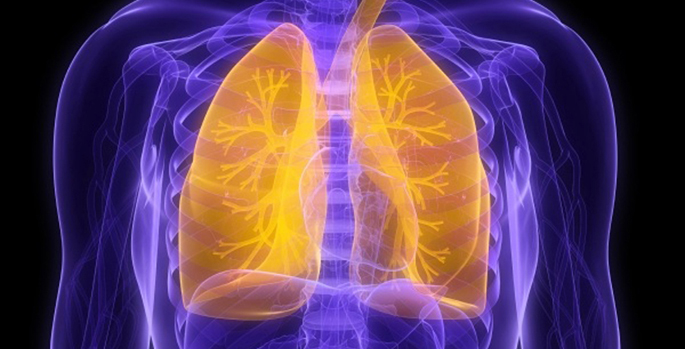Kevin Niswender
-

Team explores diabetes drug’s ability to treat RSV infection
A drug used to treat diabetes, liraglutide, may point to new therapies for respiratory syncytial virus (RSV) bronchiolitis — inflammation and obstruction of the lungs’ small airways. Read MoreJul 12, 2018
-

Niswender named Clinical Research Center director
Kevin Niswender, MD, PhD, whose work has helped advance understanding of the neural underpinnings of obesity and metabolic syndrome, has been named director of the Clinical Research Center (CRC) at Vanderbilt University Medical Center (VUMC). Read MoreNov 30, 2017
-

VUMC joins cutting-edge obesity research network
Vanderbilt University Medical Center (VUMC) is one of four centers receiving a $15 million, four-year research award from the American Heart Association (AHA) to provide cutting-edge research on obesity as part of its sixth Strategically Focused Research Network (SFRN). Read MoreMar 16, 2017
-

Study to track diabetes drug’s ability to also treat asthma
Investigators in the Division of Allergy, Pulmonary, and Critical Care Medicine and the Division of Diabetes, Endocrinology, and Metabolism recently received a $1.25 million grant from the National Institute of Allergy and Infectious Diseases. Read MoreJan 19, 2017
-

VUCast: Which breast cancer chemo works best?
In the latest VUCast: Learn about a breakthrough breast cancer test that determines which chemo works best on a tumor; see how obese children's brains are different than those of their healthy-weight peers; and find out how "sticky mittens" could help babies later in life. Read MoreJan 29, 2016
-

Award recognizes Niswender’s research achievements
Kevin Niswender, M.D., Ph.D., a physician-scientist at Vanderbilt University Medical Center whose work has helped advance understanding of diseases ranging from obesity to schizophrenia, is one of 10 recipients of the 2016 Harrington Scholar-Innovator Awards. Read MoreJan 28, 2016
-

Study shows brain function differs in obese children
The brains of children who are obese function differently from those of children of healthy weight, and exhibit an “imbalance” between food-seeking and food-avoiding behaviors, researchers at Vanderbilt University Medical Center have found. Read MoreJan 21, 2016
-

Study tracks brain’s trigger for overeating high-fat food
Disruptions in a specific signaling pathway in the brain can cause overeating of high-fat food, researchers at Vanderbilt University have found. Read MoreSep 24, 2015
-

Signals of schizophrenia
Vanderbilt researchers have discovered a possible molecular mechanism of schizophrenia that could lead to new treatments for the disorder. Read MoreJul 9, 2015
-

Vanderbilt’s neurovascular chip project moves into new phase
Vanderbilt researchers will play a key role in the second phase of the federal "tissue chip for drug screening" program. Read MoreNov 18, 2014
-

Vanderbilt’s Hong, Niswender elected to ASCI
Charles Hong, M.D., Ph.D., and Kevin Niswender, M.D., Ph.D., have been elected to membership in the American Society of Clinical Investigation (ASCI), one of the nation’s most respected medical honor societies. Read MoreApr 18, 2013